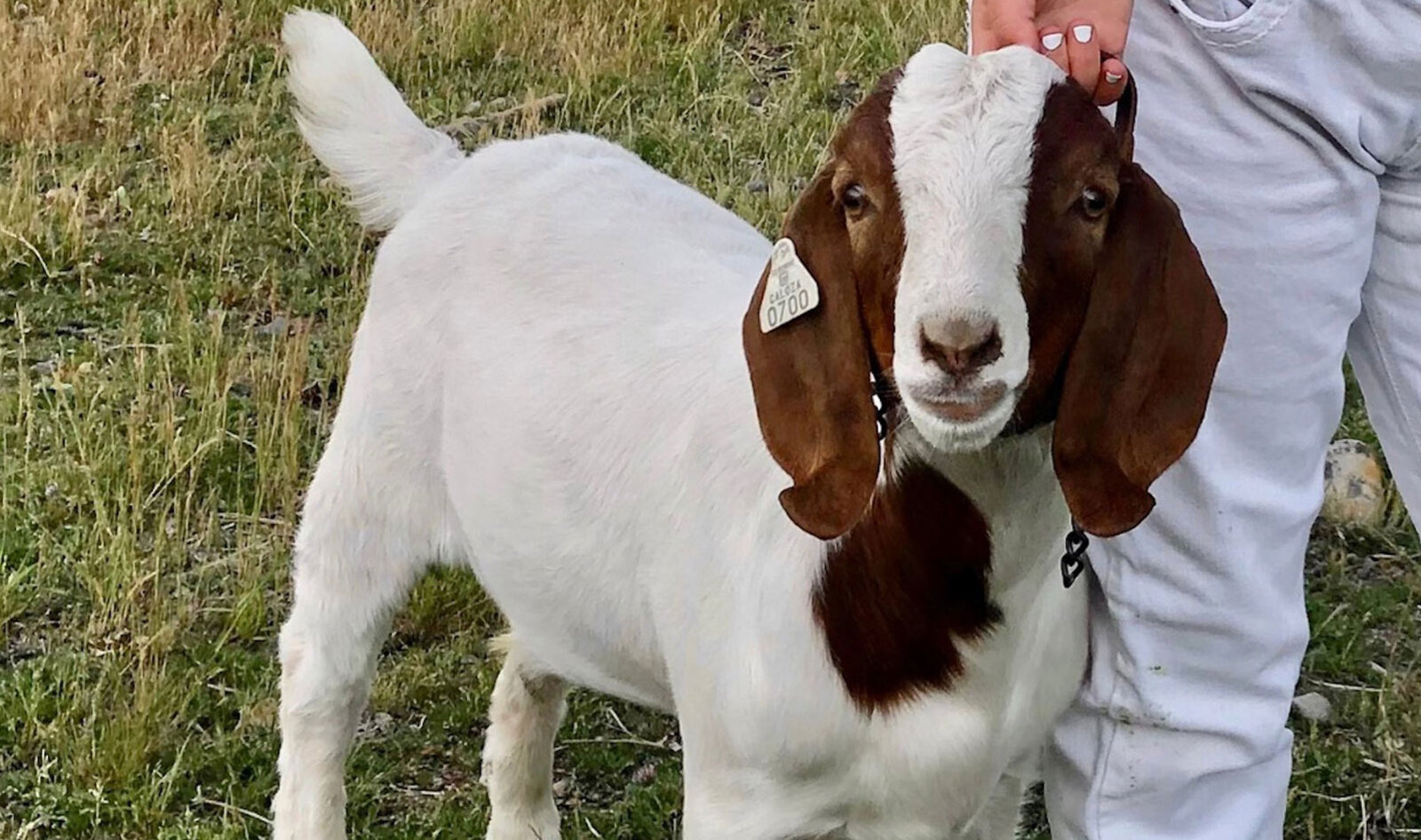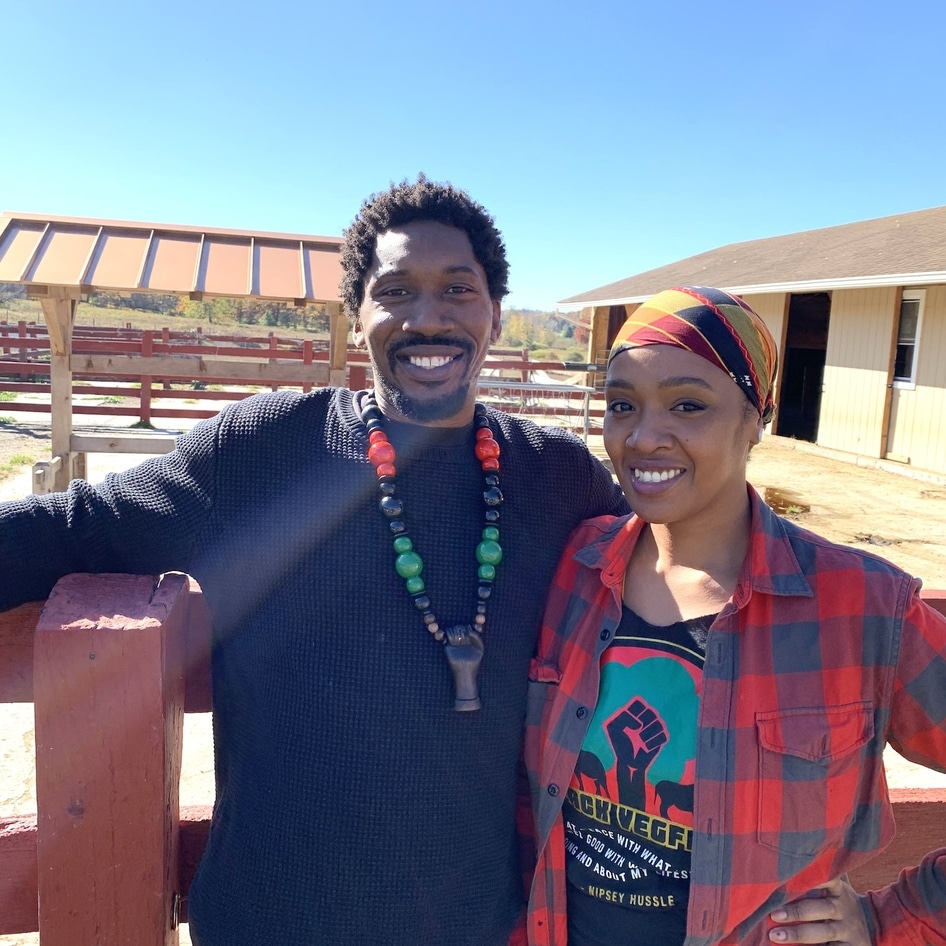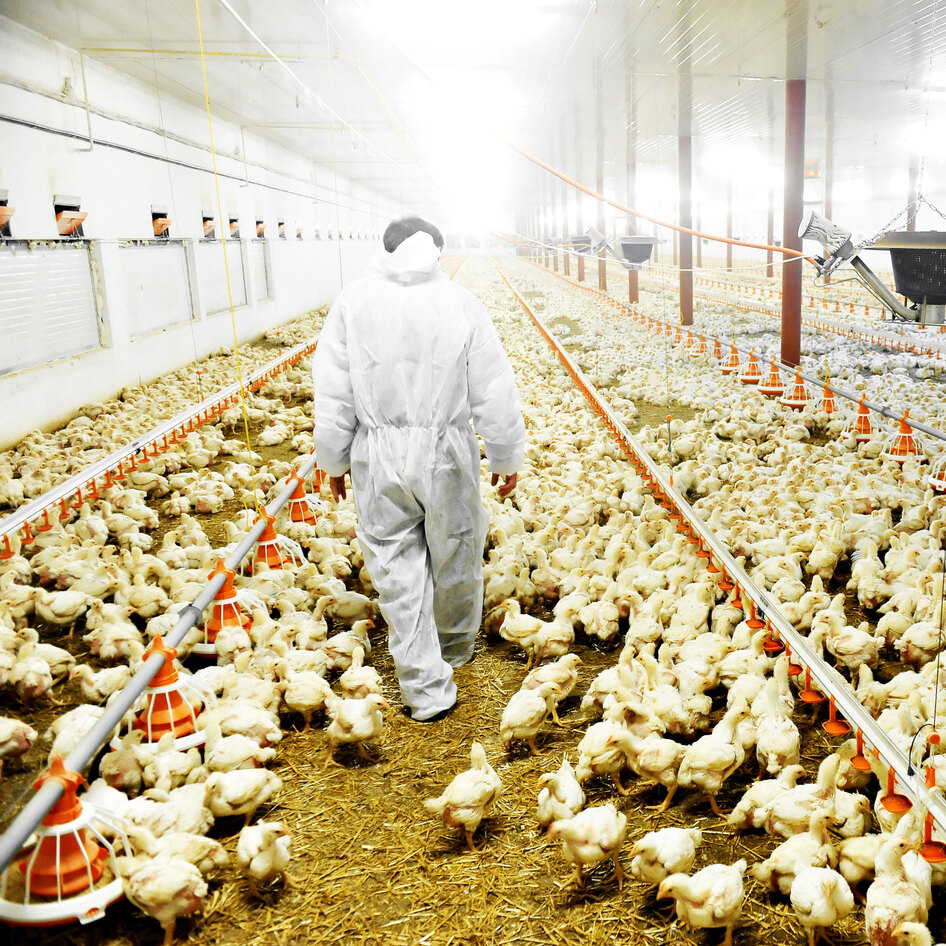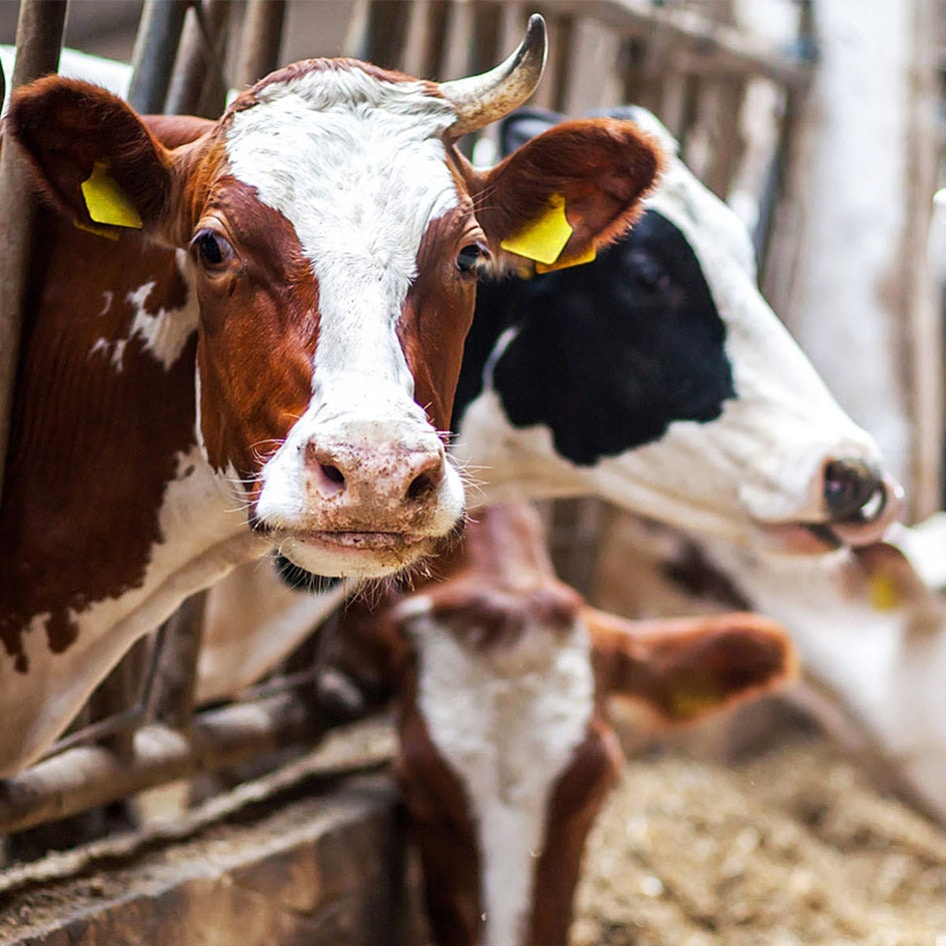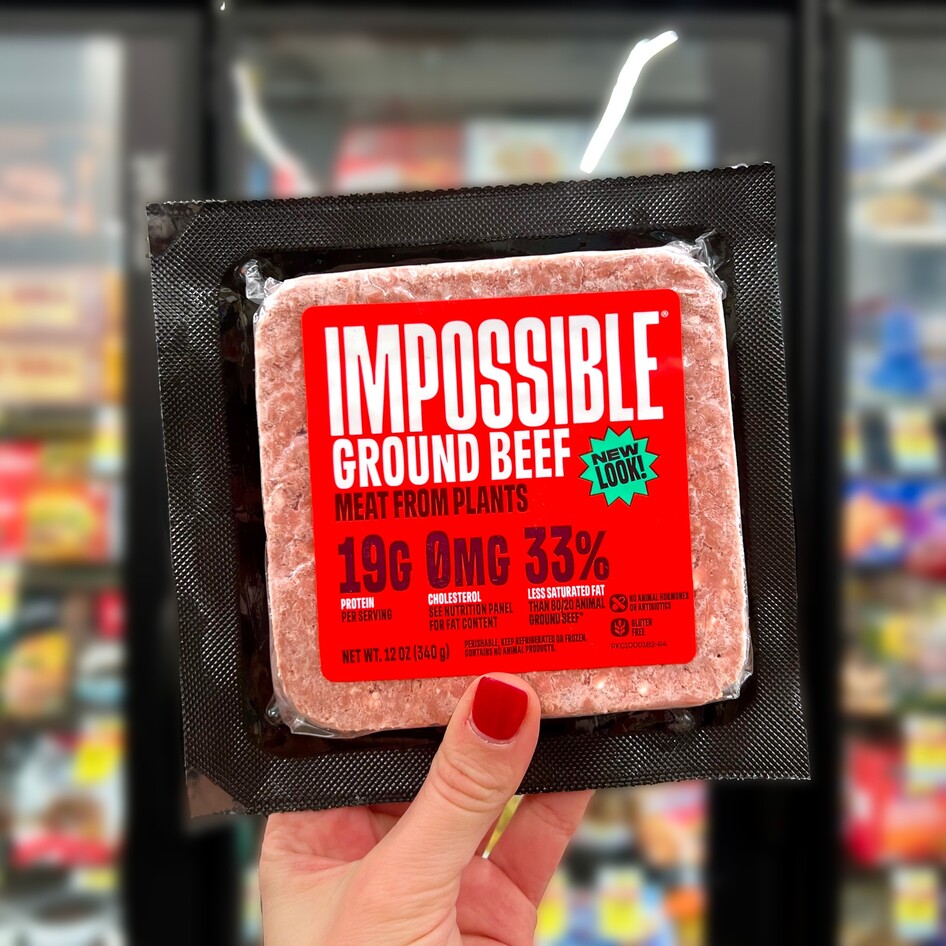A 9-year-old California girl failed in her attempt to save her goat after the animal was auctioned off at the Shasta County Fair and donated to be slaughtered and barbecued at a community event. And now her mother is suing.
According to the federal civil rights lawsuit and other court documents and emails obtained by The Sacramento Bee through California Public Records Act requests, Cedar the goat had been purchased in April 2022 by Jessica Long for her daughter, who fed and cared for the goat and bonded with the animal. “She loved him as a family pet,” the lawsuit says.
In June 2022, Long entered her daughter’s seven-month-old white Boer goat into the auction, but then the family changed their minds. They tried to back out before bidding began, but Shasta County Fair officials said that wasn’t allowed.
The Shasta County Fair auction is an event where farmed animals entered for auction are part of a “terminal sale”—meaning they are sold off to be used as meat with no exceptions.
The lawsuit, which was originally filed in August 2022 and amended last month, says Cedar was sold to a representative of state Senator Brian Dahle for $902, but after Long saw her daughter sobbing next to Cedar’s pen at the fair, the mother decided to steal Cedar back and offer to pay back the money later.
“It was heartbreaking,” Long wrote in an email to the Shasta County Fair. “The barn was mostly empty and at the last minute, I decided to break the rules and take the goat that night and deal with the consequences later.”
“I knew when I took it that my next steps were to make it right with the buyer and the fairgrounds,” Long wrote.
Authorities take back Cedar the goat
However, because the mother’s actions were against the rules of the auction, the county sheriff deputies were sent to retrieve the goat 200 miles away. While records do not reflect how the deputies came to be involved, The Sacramento Bee reports that two weeks after the goat was taken, Shasta County sheriff’s Detective Jeremy Ashbee filed a search warrant affidavit seeking permission to seize the goat.
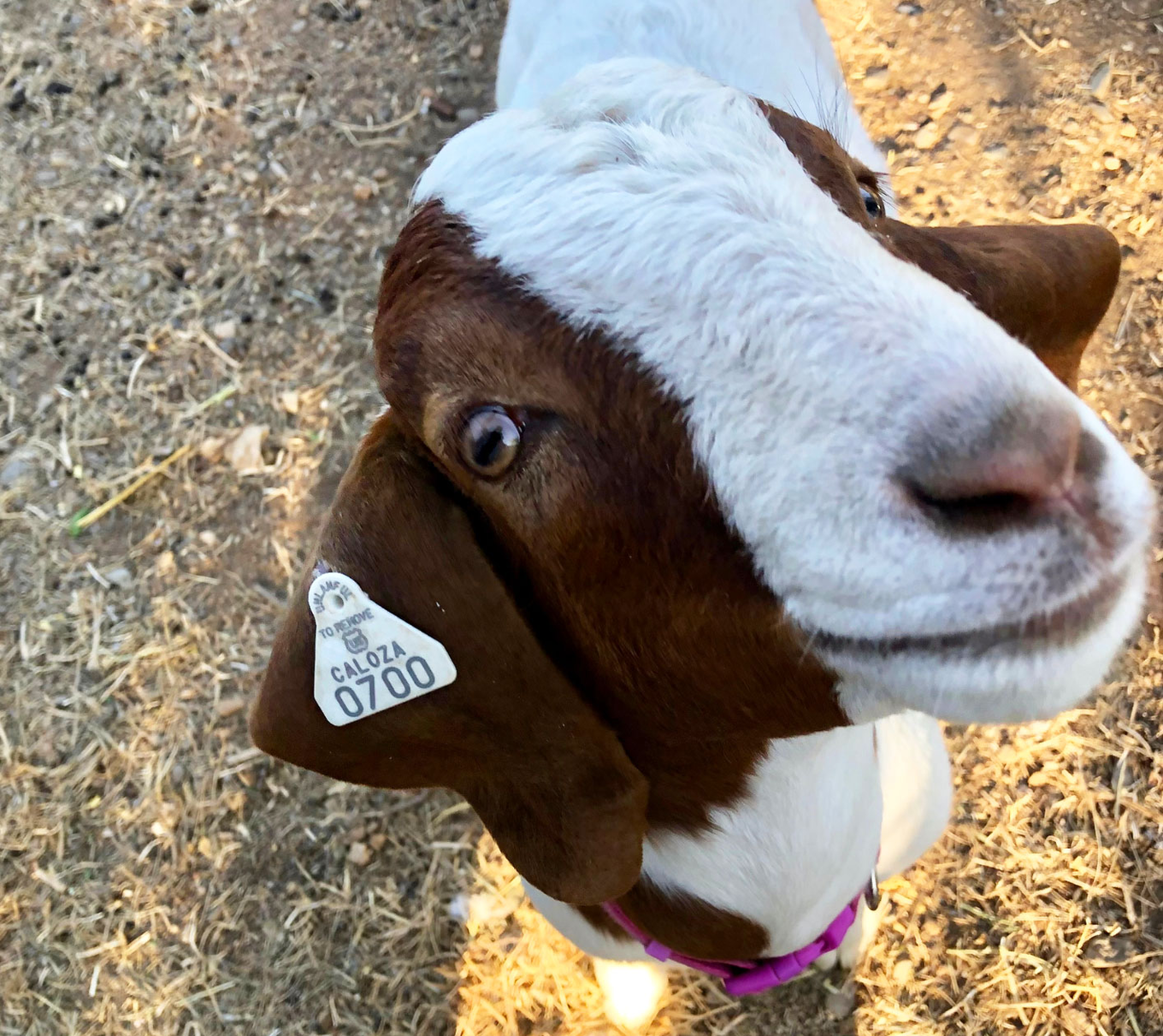 Advancing Law for Animals
Advancing Law for Animals
From there, Cedar was taken back to the fair for “slaughter/destruction” even though the 15-page warrant and affidavit—which described the subject as “stolen or embezzled”—required them to hold the goat for a court hearing.
Thus began the legal saga of Cedar, who is now the subject of the lawsuit naming Shasta sheriff’s officials, Shasta County, the Shasta District Fair, and other defendants, who are accused of involvement in the apparent slaughter of Cedar for a community barbecue. But what exactly happened to Cedar after the goat was taken by the sheriff’s deputies remains unclear, attorneys say.
“Looking at this case, what we see is county and fair officials improperly used their authority and connections to transform a purely civil dispute into a sham criminal matter,” Vanessa Shakib, who co-founded the non-profit Advancing Law for Animals law firm and is representing Long, told The Sacramento Bee.
Alternatives to 4H programs
The event and subsequent lawsuit are the latest example of just how far the meat industry, also known as Big Meat, will go to take animals who are traditionally viewed as food—even from children.
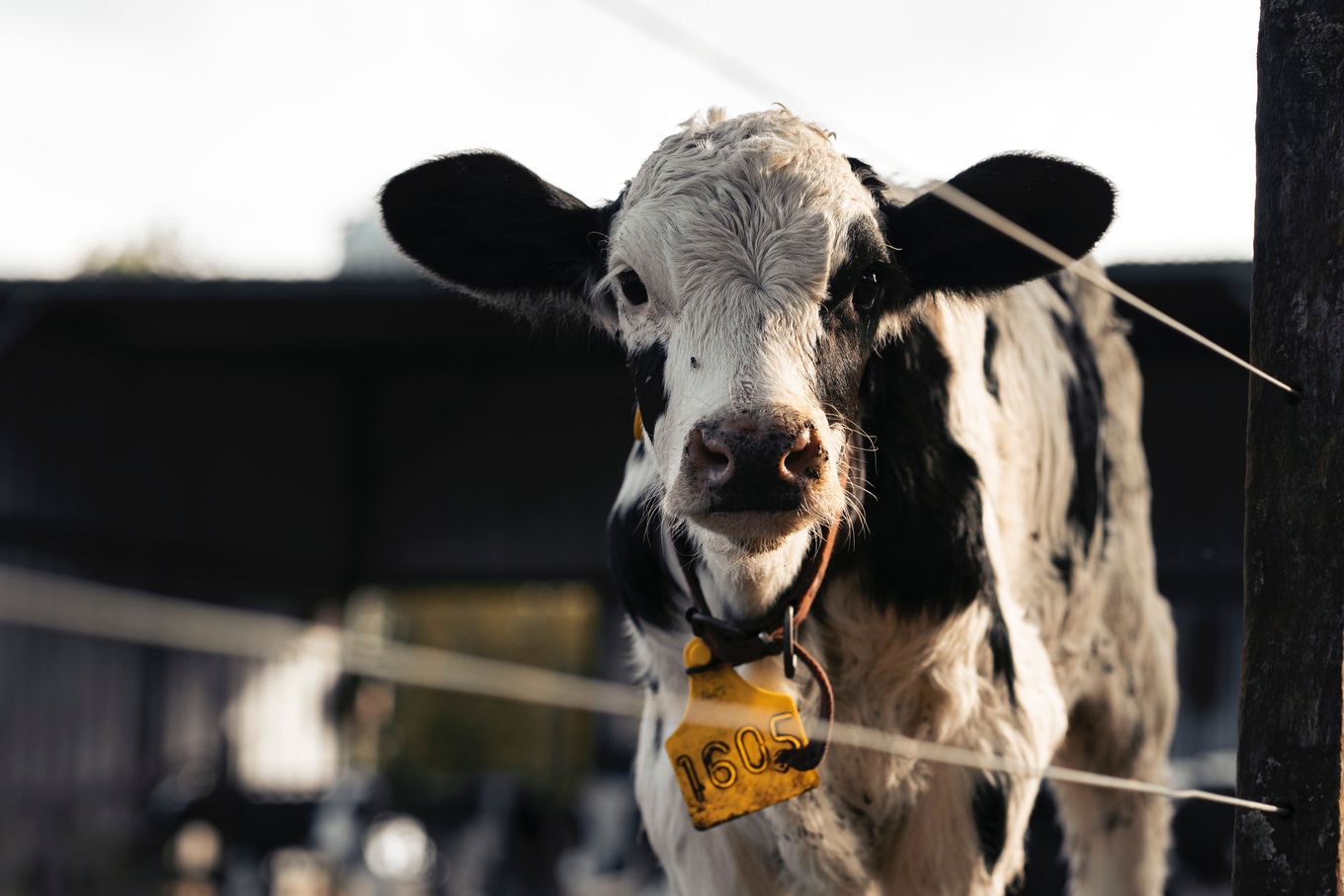 Unsplash
Unsplash
For instance, traditional programs such as 4H and Future Farmers of America (FFA) are designed to specifically teach children about raising and slaughtering animals for food, even when those children do not want to kill animals with whom they have formed bonds.
“The fallacy of tradition leads people to believe that because we’ve always eaten certain species of animals, that we always should,” Danielle Hanosh, Executive Director of Leaders for Ethics, Animals, and the Planet (LEAP), tells VegNews.
“But if we truly want to make a difference in the lives of not only the animals, but on human physical and mental health and on the health of our planet, we need to help people make the paradigm shift to see all animals as equally worthy of love and protection.”
This is especially true for children, who studies have shown are less likely to see animals as food until age 11.
LEAP was designed to offer a first-of-its-kind compassionate alternative to traditional agriculture programs. Instead of raising animals for the sole purpose of slaughter, the objective of this program is to help students bond with animals and learn how our food system, wildlife habitats, diet choices, climate change, and animal welfare are all interconnected.
LEAP was founded in 2022 by Miyoko Schinner, vegan chef, entrepreneur, and founder of Rancho Compasión Sanctuary; Monica Stevens, founder of Jameson Humane in Napa; and Hanosh, a former public school educator and co-founder of Blackberry Creek Farm Animal Sanctuary. The program is currently running at six Northern California sanctuaries. It is looking to expand nationally with a $150,000 matching pledge that will help get the program into sanctuaries across the country for the 2023-2024 school year.
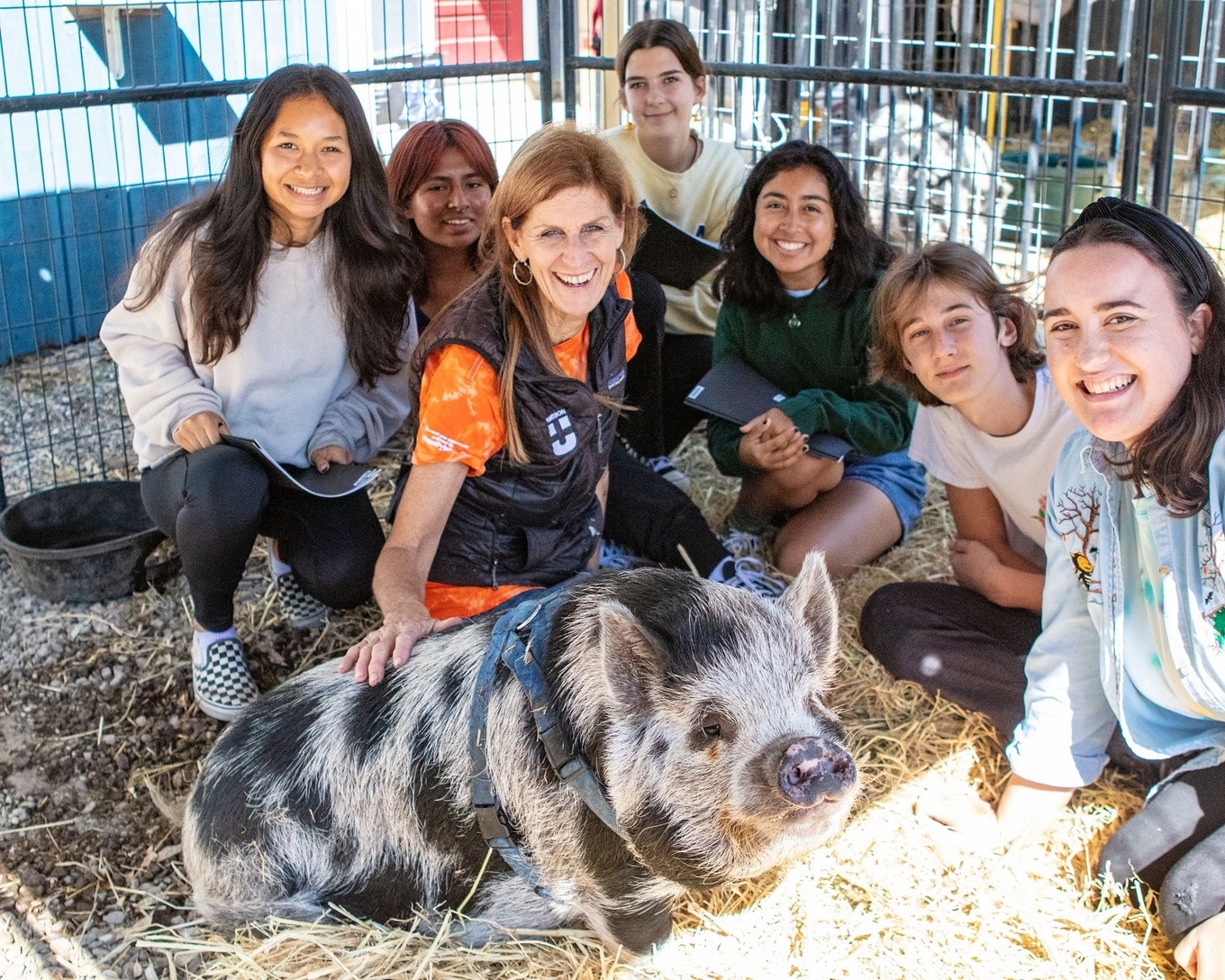
“LEAP is a more innovative and ethical alternative to traditional agricultural programs such as FFA and 4H because not only does it not desensitize students to violence like traditional programs, but it actually ignites their compassion, leadership, and fervor to care for and protect animals and the very planet we all call home,” Hanosh says.
Programs like LEAP can also help save animals like Cedar. “LEAP is a foundationally vegan program where students no longer have to experience the trauma of having to sell or slaughter the animals they so lovingly cared for like they do at the end of more traditional ag programs,” Hanosh says.
For the latest vegan news, read:
JUMP TO ... Latest News | Recipes | Guides | Health | Subscribe

